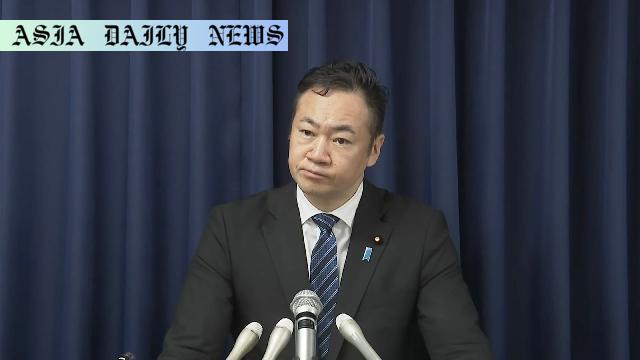Execution – Shiraishi Takahiro’s execution after murdering nine victims deeply affected society and prompted justice debates.
Execution of Shiraishi Takahiro for killing nine occurred Friday.
Justice Minister expressed careful deliberation in execution decision.
Incident raised profound societal shock and family grief.

The Tragic Case of Shiraishi Takahiro
Shiraishi Takahiro, a man convicted of killing nine individuals over a two-month period, was executed on Friday morning in Japan. His actions, driven by deeply troubling motives, left an indelible mark on modern Japanese society. According to Japan’s Justice Minister Suzuki Keisuke, Shiraishi’s crimes stemmed from selfish desires to fulfill both sexual and monetary needs. This chillingly calculated series of crimes profoundly shocked society and created an enduring sense of collective anxiety.
Shiraishi targeted vulnerable individuals, luring them with deceptive tactics. Over two months, his actions took precious lives, leaving families distraught and devastated. Suzuki highlighted that the extent of the bereavement and the emotional pain inflicted cannot be fully comprehended. The losses sustained by these families have left a profound scar, with societal reverberations reminding Japan of the fragility of life and the darker aspects of human behavior.
Suzuki’s Deliberate Execution Decision
Justice Minister Suzuki Keisuke faced immense pressure to deliberate thoroughly before issuing the death warrant for Shiraishi Takahiro. In a special press conference following the execution, Suzuki emphasized that the decision was not made lightly. He stressed that sufficient deliberation during the trial process affirmed the death penalty as an appropriate verdict. Japan balances its justice system with moral and cultural sensitivities, yet the case of Shiraishi rekindled ethical debates surrounding capital punishment.
The nature of the crimes committed by Shiraishi imposed an ethical and societal dilemma on the justice system. While certain factions of society pushed for leniency or alternative penalties, the victims’ families sought firm accountability. Suzuki delivered an essential justification for his decision, stating that Shiraishi’s behavior represented the height of egoism, and sparing such an individual could further traumatize victims’ families. This case has thus ignited long-standing discussions on justice, ethics, and rehabilitation versus punishment.
The Broader Impact of Shiraishi’s Execution
Shiraishi’s execution has brought Japan’s capital punishment laws under a global spotlight. Japan is one of the few developed nations to retain the death penalty, often igniting criticism internationally. This case has once again polarized opinions among Japanese citizens and global observers, creating debates around morality, societal safety, and judicial rigor.
For proponents of justice through retribution, this case marks the appropriate use of capital punishment in deterring future crimes. On the other hand, critics argue Japan must evolve its perspective, implementing life imprisonment eventually as an alternative. Nevertheless, bereavement support frameworks for victims’ families and mental health resources become ongoing points of focus for Japanese officials post this event.



Commentary
Reflecting on Justice and Humanity
The execution of Shiraishi Takahiro by Japan highlights the complexity of justice systems in handling heinous crimes. On one hand, the victims’ families deserve closure and justice for their unimaginable losses. On the other hand, it compels us to question the ethical ramifications of capital punishment. As individuals, we cannot ignore the broader implications of imposing the death penalty, even on those who have committed the most horrendous acts. The story of Shiraishi reminds us of the fragility of society and how quickly trust between individuals can erode when such tragedies occur.
Broader Consequences for Society
Punishment is not just about the perpetrator; it echoes within communities, shaping societal norms and moral benchmarks. Shiraishi’s case shook Japan, causing widespread fear and grief. However, executions like these beget deeper questions about rehabilitation, societal enforcement, and the role of government in exacting justice. While the Japanese justice system acted within its laws, the global perspective continues to evolve regarding ethical practices.
Final Perspective on Balancing Humanity with Judicial Directives
Ultimately, cases like these remind us of the choices that judges, legal systems, and governments must make on behalf of their societies. Justice should be fair and measured, but humane considerations cannot be entirely cast aside. While Shiraishi’s execution may offer temporary solace to the victims’ families, holistic policies addressing prevention, counseling, and societal safety remain critical to healing wounds and ensuring peace in the future. Reflecting on this case, we must continue evaluating existing punitive measures and seek pathways conducive to global justice standards and human dignity.